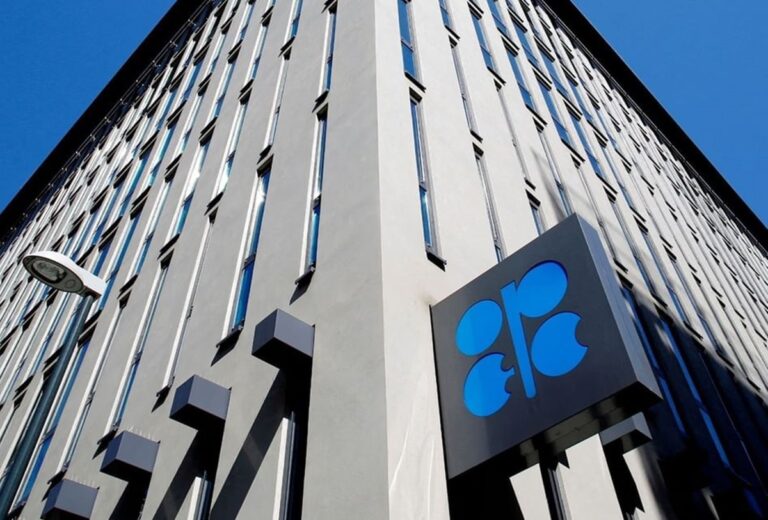The UAE’s economy is experiencing significant growth, particularly in non-oil sectors such as real estate, tourism, and manufacturing, according to the Organisation of the Petroleum Exporting Countries (OPEC).
OPEC’s Monthly Oil Market Report (MOMR) for August 2024 notes that housing, water, electricity, gas, and other fuels, which account for over 40 per cent of the Consumer Price Index (CPI), recorded a slight increase, reaching 6.7 per cent year-on-year in June, up from 6.6 per cent in May.
Food and beverage inflation remained relatively stable, with a marginal rise to 2.4 per cent year-on-year in June, compared to 2.3 per cent in May.
In the realm of international economic relations, the UAE Central Bank has recently established currency swap agreements with Ethiopia, the Seychelles, and Indonesia. These agreements aim to facilitate cross-border transactions and enhance cooperation on payment systems.
Additionally, the UAE has finalized a Comprehensive Economic Partnership Agreement (CEPA) with Mauritius, which seeks to eliminate tariffs and bolster trade.
The UAE’s strong economic policies, combined with strategic international partnerships, position the country to maintain its growth trajectory and continue diversifying its economy.


